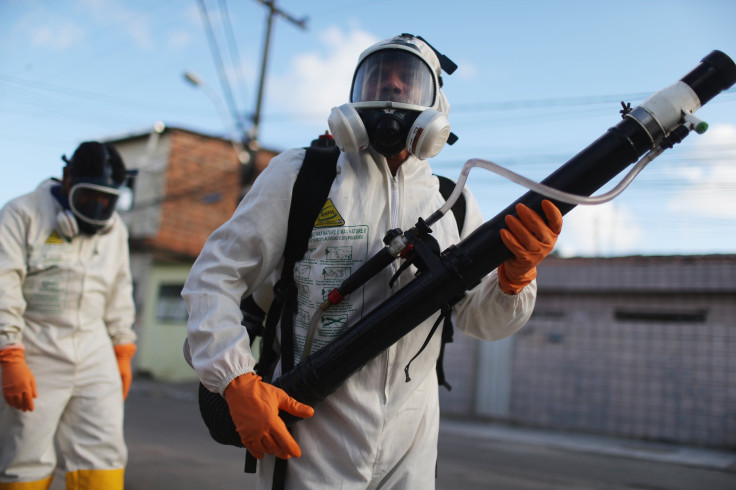Zika Outbreak 2016: WHO Releases $56M Plan To Fight Virus With Research, Vaccines, Bug Spray

The World Health Organization, an international agency whose leader previously described the Zika virus as "spreading explosively," announced Tuesday a strategic plan to combat the recent outbreak. But the effort comes with a hefty price tag: $56 million.
The organization, also referred to as the WHO, released a 32-page operations plan this week detailing its intent to educate the public about risks, fast-track vaccine development and treat diagnosed patients, according to a statement on its website. The WHO indicated that launching the response would cost $25 million on its end and $31 million for its partners — $56 million total.
"Since the Zika virus was first identified in a monkey in Uganda in 1947, it has rarely caused illness in humans ... The situation today is dramatically different," director-general Margaret Chan said in the report's foreword. "Possible links with neurological complications and birth malformations have rapidly changed the risk profile of Zika from a mild threat to one of very serious proportions."
The WHO noted in its statement that it had already accessed its emergency funds to start the fight against the virus, which Reuters reported has been found in 39 countries and has been linked to at least two neurological conditions. Among the afflicated countries was Brazil, where about 4,300 infants have been born with smaller-than-normal heads. The connection between this microcephaly and mosquito-transmitted Zika is under investigation.
The WHO has formally labeled the Zika outbreak a public health emergency of international concern. Its objectives were divided into three categories: surveillance, response and research. Its goals included disseminating accurate information about the virus, advising women who are pregnant, busting rumors, limiting the spread of disease-carrying mosquitoes, encouraging people to use bug repellent and counseling new mothers.
Earlier this month, United States President Barack Obama requested about $1.8 billion from Congress to put toward similar programs centered on research and prevention, according to USA Today. "There shouldn't be panic on this," Obama told CBS while revealing his proposal. "This is not something where people are going to die from it. It is something we have to take seriously."
© Copyright IBTimes 2025. All rights reserved.






















